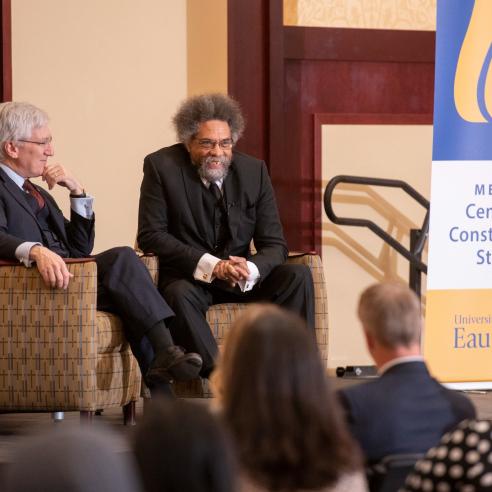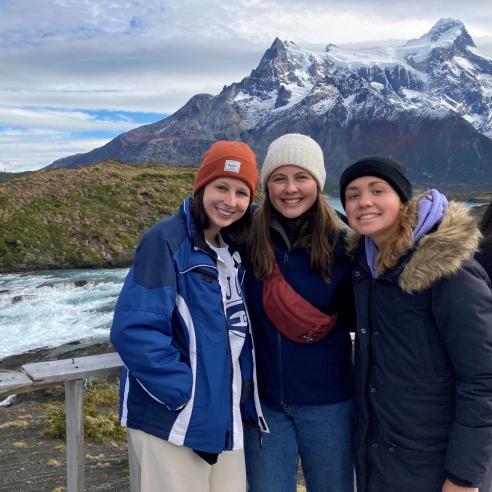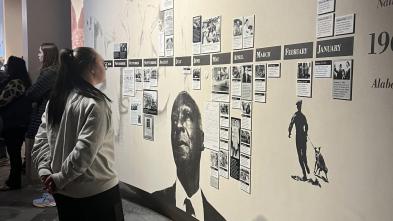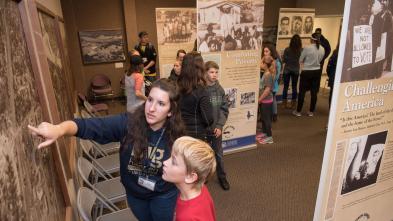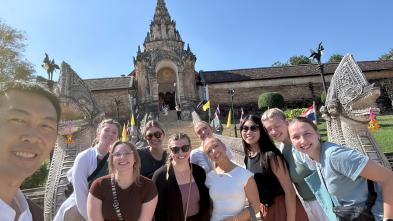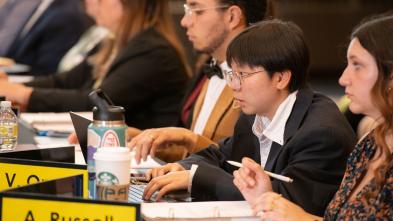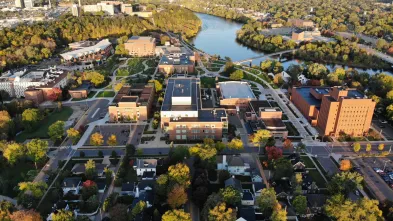
Global Studies
Better understand languages, politics, cultures, and global issues—and use that knowledge to make a positive impact—with UW-Eau Claire's global studies minor.
Build Your Cultural and Political Knowledge
Through the study of production, exchange, consumption and community expansion, you'll learn about the many economic and financial factors that contribute to life experiences, education and social development. A look at world politics and the influence of private and public organizations will also shed light on how power is transformed and what role it can play in day-to-day social interactions. Graduates leave with knowledge and skills that can enrich our ever-changing and increasingly interdependent world.
To be awarded the global studies minor, you must be competent in a language other than English.
Program Details
Blugold Stories
Justthe
facts
Built with a solid foundation in economics, politics, history, religious studies and anthropology, the global studies minor will reveal unique social and cultural differences in the world around you. Throughout coursework, study abroad experiences and internship opportunities, you will explore historical perspectives of international life, cultures and countries; analyze political behavior, institutions and policy; study the causes and evaluate solutions for global economic inequalities and underdevelopment; and demonstrate the sense of responsibility necessary to become a constructive global citizen.
Here are a few courses in Global Studies at UW-Eau Claire.
POLS 122
Introduction to World Politics
Introductory course for the study of world politics. Focus includes states, international organizations (private and public), and other global interaction influencing and shaping world politics.
POLS 331
International Organization and Law
An analysis of the historical and current patterns and theoretical concepts and theories relevant to the organization of global affairs.
POLS 390
Culture and Politics
Explores cultural and societal context of contemporary politics through various literary media and selected political studies. A cross-cultural approach examines national character, class, race, ethnic and religious differences, socialization, and cultural conflict.
Get More Info
Sign up to receive additional information about our campus.



